Trang web trực tiếp bóng đá trở thành lựa chọn hoàn hảo để fan hâm mộ theo dõi trận cầu ở bất cứ đâu, khi nào muốn. Trong đó, Xoilac TV luôn thu hút được lượng người xem vô cùng đông đảo. Không chỉ trực tiếp hàng loạt các giải đấu tầm cỡ khu vực và thế giới, Xoilac TV còn làm hài lòng người dùng với chất lượng hình ảnh, âm thanh đỉnh cao. Hơn thế, các thông tin bảng xếp hạng, lịch thi đấu,… đều được cập nhật nhanh chóng nhất!
Chỉ mới xuất hiện vài năm trở lại đây nên nhiều người dùng còn nghi ngờ Xoilac TV có uy tín không. Thông tin dưới đây sẽ giúp bạn có câu trả lời!
Vào năm 2018, Xoilac TV là “tân binh” trong lĩnh vực trực tiếp bóng đá. Thế nhưng, chỉ một thời gian ngắn website này đã phủ sóng và gây sốt cộng đồng hâm mộ môn thể thao vua.

Kênh Xoilac TV là tâm huyết của CEO Tạ Đăng Phúc cùng với đội ngũ của mình. Hiện nay, kênh Xoilac đã có phiên bản App tương thích cho cả Android và iOS để người dùng xem trực tiếp bóng đá nhanh và tiện ích nhất.
Bước sang năm thứ 6, Xoilac TV kiên định với mục tiêu phát triển trở thành website, app xem trực tuyến bóng đá số 1 Việt Nam. Bên cạnh đó, Xoilac TV tham vọng mở rộng thị trường sang nhiều nước trong khu vực. Lượng người dùng tăng với tỷ lệ trên 40% mỗi năm.
Đội ngũ Xoilac TV xây dựng kênh tích hợp nhiều tính năng vượt trội nhằm nâng cao trải nghiệm người dùng. Điển hình phải kể đến như Livescore xem lại các khoảnh khắc đặc sắc trong trận đấu. Ngoài ra, người dùng có thể để lại bình luận tương tác ngay trên sóng trực tiếp.

Tối ưu hình ảnh Full HD là điều đầu tiên mà Xoilac TV hướng đến bằng cách mua bản quyền các giải bóng đá. Nhờ vậy mà người dùng không khó chịu bởi không có tình trạng mờ, nhòe, không rõ nét.
Hơn nữa, đường link truy cập chuẩn và có link dự phòng giúp người xem không bị giật lag hoặc ngắt kết nối trang. Cùng với đó, đội ngũ bình luận viên chuyên nghiệp và hài hước giúp trận đấu trở nên hấp dẫn hơn.
Các thông tin bóng đá được Xoilac TV cập nhật liên tục. Nhất là thông tin về lịch thi đấu, bảng xếp hạng giúp bạn theo dõi đội bóng yêu thích một cách trọn vẹn. Bên cạnh đó, các thông tin bên lề như chấn thương, đời tư,… cũng mang đến cho bạn giờ phút thư giãn, giải trí lý tưởng.
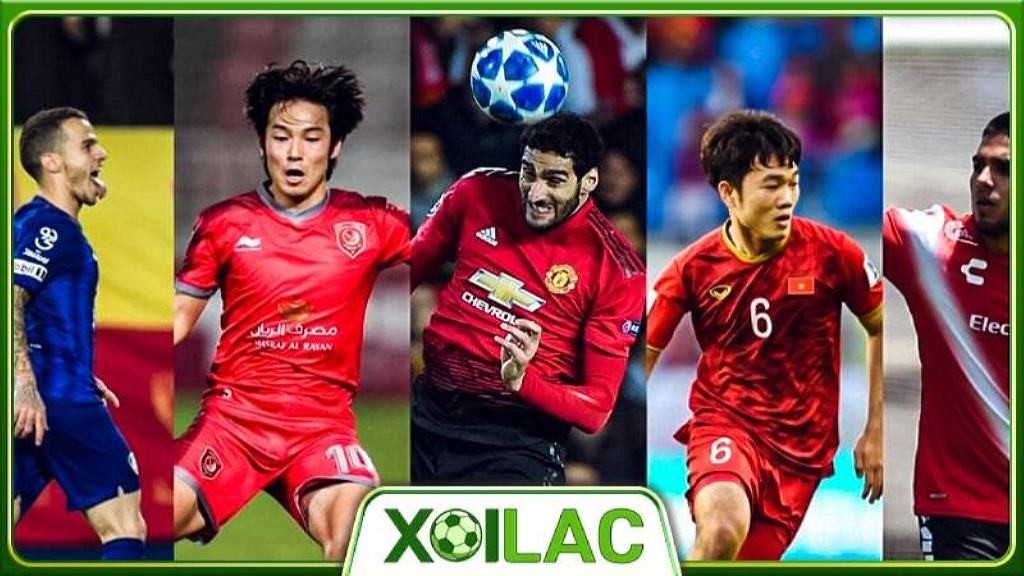
Các fan cuồng bóng đá cũng như các tín đồ cá cược đều mong ngóng các thông tin về thông số trận đấu. Xoilac TV cập nhật tin tức nóng hổi về tỷ lệ kiểm soát bóng, số đường chuyền đúng, số lần dứt điểm, số lần đá phạt, số thẻ phạt,…
Người dùng sẽ không tìm thấy một website nào cập nhật kết quả bóng đá nhanh và chính xác như Xoilac TV. Kết quả được cập nhật từng giây phút, ngay cả khi trận đấu chưa kết thúc. Điều này giúp cho những ai không có thời gian theo dõi cũng có thể nắm bắt kết quả nhanh chóng.
Những đường chuyền kiến tạo, màn dứt điểm hay ghi bàn đều là khoảnh khắc mà fan hâm mộ muốn tua đi, tua lại. Tính năng Highlight trên Xoilac TV sẽ giúp bạn làm được điều này. Hơn nữa, với những ai bận rộn công việc không thể xem trực tiếp thì Highlight bóng đá sẽ giúp bạn nắm được diễn biến trận bóng.
Tất tần tật lịch thi đấu chi tiết của giải bóng đá trên thế giới đều được Xoilac TV cập nhật đến người xem. Bạn có thể ghi chú lại những trận đấu quan trọng của đội bóng hâm mộ để không bỏ lỡ.
Ngoài là một kênh trực tiếp bóng đá thì Xoilac TV cũng được đánh giá là trang thông tin thể thao chất lượng. Bảng xếp hạng được cập nhật liên tục cho cổ động viên. Đây cũng là thông tin quan trọng để các “cược thủ” dự đoán chính xác thắng thua cho những lượt trận tiếp theo.
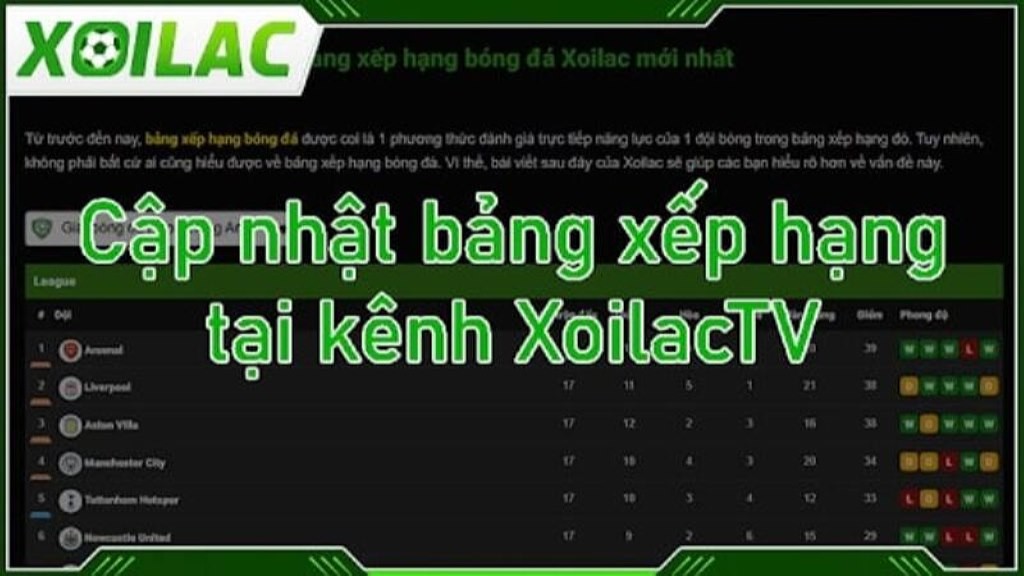
Không sai khi gọi Xoilac TV là chuyên gia kèo. Bởi chuyên trang này cung cấp tỷ lệ kèo vô cùng chuẩn xác. Anh em yêu thích cá cược thể thao, nhất là đá bóng luôn có được tiền tưởng lớn nhờ gợi ý của Xoilac TV.
Các chuyên gia soi kèo của Xoilac TV đều là những dân chơi lão làng. Bởi thế nên các tips kèo mà Xoilac đưa ra luôn có độ chính xác và tin cậy cao. Nếu là một tân binh mới gia nhập “làng” cá cược thì bạn có thể đặt niềm tin vào các kèo thơm mà Xoilac gợi ý.
Nhờ có tính năng này mà người dùng của Xoilac có thể xem lại các tình huống đặc sắc trong trận đấu đã qua. Những người bận rộn không có thời gian theo dõi toàn bộ trận đấu có thể nắm được diễn biến.
Chuyên trang Xoilac TV được phát triển với nhiều ưu điểm nổi bật để trở thành website trực tiếp bóng đá có lượng người dùng đông đảo nhất hiện nay.
Ngay từ lần đầu tiên truy cập, người dùng sẽ bị chinh phục ngay bởi Xoilac TV có giao diện đẹp mắt. Các thư mục được sắp xếp vô cùng khoa học, giúp người dùng dễ dàng tìm kiếm thông tin. Màu sắc hài hòa mang lại cảm giác dễ chịu, chống lóa, mỏi khi theo dõi trận bóng trong thời gian dài.

Bạn không cần lo lắng về rò rỉ thông tin cá nhân. Bởi Xoilac TV không bắt người dùng phải đăng ký kênh để vào xem bóng đá.
Mọi giải bóng đá trong nước, quốc tế đều được Xoilac TV đấu tranh và mua bản quyền trực tiếp. Các giải đấu như Bundesliga Đức, Liga Tây Ban Nha, Serie A, World Cup, Cup C1, Ngoại Hạng Anh, Vleague,… đều có mặt trên Xoilac mời bạn theo dõi!
Các link xem bóng đá tại Xoilac TV đều có tốc độ đường truyền tốt. Nhờ vậy mà bạn có thể xem bóng một cách mượt mà, không giật, lag.

Dàn bình luận viên giúp trận bóng thêm kịch tính bởi họ đều là những con người có kinh nghiệm và khiếu hài hước. Đặc biệt, người dùng có thể tương tác bình luận ngay trên sóng trực tiếp.
Các đường link của Xoilac đều chất lượng cao. Trong trường hợp số lượng truy cập quá cao, bạn có thể đổi link để có chất lượng em tốt nhất.
Xoilac 37 không chèn quảng cáo. Nhờ đó mà người dùng không bị chuyển trang và bỏ lỡ những pha bóng hấp dẫn.
Có rất nhiều kênh để xem bóng đá nhưng Xoilac TV vẫn luôn “ăn khách” bởi những lý do sau:
Người dùng chỉ cần có thiết bị di động kết nối mạng internet là có thể truy cập website Xoilac TV để xem bóng trực tiếp. Hiện nay, Xoilac TV đã có phiên bản app thông minh để bạn không cần loay hoay tìm tên miền. Các chuyên mục cũng được phân tên rõ ràng để bạn tìm được các trận đấu và thông tin thể thao nhanh chóng.
Để không gặp bất cứ trục trặc nào trong quá trình xem trực tiếp bóng đá, Xoilac đưa ra một số lưu ý như sau:
Bạn cần đảm bảo mạng internet đủ khỏe để không bị quá tải. Nhất là khi xem các trận đấu thuộc giải bóng lớn luôn có số lượng người xem đông đảo.
Hiện nay, có không ít website giả mạo kênh Xoilac để ăn cắp thông tin, thậm chí lừa tiền. Vậy nên bạn hãy cẩn thận và chỉ truy cập vào link chính thống của chuyên trang.
Kênh Xoilac TV luôn có các link dự phòng để tránh trường hợp quá tải. Những đường link này có ngay phía dưới khung màn hình trực tiếp trận đấu.
Lịch thi đấu có thể thay đổi chứ không cố định 100%. Do đó, bạn cần phải theo dõi liên tục để có được thông tin mới nhất.
Không chỉ là website trực tiếp bóng đá được yêu thích hàng đầu, Xoilac TV còn được mến mộ bởi đây là đơn vị có nhiều hoạt động thiện nguyện ý nghĩa.
Bữa cơm miễn phí 0 đồng là chương trình thiện nguyện giàu tính nhân văn mà đội ngũ Xoilac 66 đã tổ chức. Hàng trăm suất cơm được trao đến tay người vô gia cư, lang thang cơ nhỡ trong khu vực nội thành Hà Nội.
Đặc biệt, Xoilac TV cũng đứng sau chương trình xây dựng mái ấm tình thương tại Hà Tĩnh. Được biết, kinh phí thực hiện trích từ lợi nhuận hoạt động của kênh.
Ngoài Xoilac TV, người dùng có khá nhiều lựa chọn website trực tiếp bóng đá như sau:
FPT Play là một ứng dụng xem trực tiếp bóng đá được yêu thích hiện nay. Bạn có thể truy cập Google Play hoặc App Store để tải app về máy dễ dàng.

Gợi ý cho các cổ động viên chính là website Bongda365. Chuyên trang có đầy đủ các trận đấu thuộc giải đấu lớn nhỏ trên thế giới. Điểm cộng của Bongda365 là sự đầu tư về số lượng và chất lượng trận bóng.
Onsport là một kênh trực tiếp bóng đá có nguồn gốc nước ngoài. Vì thế mà kênh được đánh giá cao về tốc độ truyền cũng như độ bảo mật thông tin. Đặc biệt, Onsport hỗ trợ đa ngôn ngữ, trong đó có cả tiếng Việt.
Không cần bàn cãi gì nhiều về HTV Thể Thao – kênh truyền hình thuốc nhà Đài TP. Hồ Chí Minh. Kênh phân phối dịch vụ xem bóng đá trực tuyến cho nhiều đơn vị như DVB-T2, HTVC, VTC, VTVCAB, truyền hình FPT….
Truyền hình K+ không còn là cái tên xa lạ với người yêu bóng. Các giải đấu bóng đều được K+ mua bản quyền nên chất lượng hình ảnh, âm thanh luôn đạt 10 điểm.
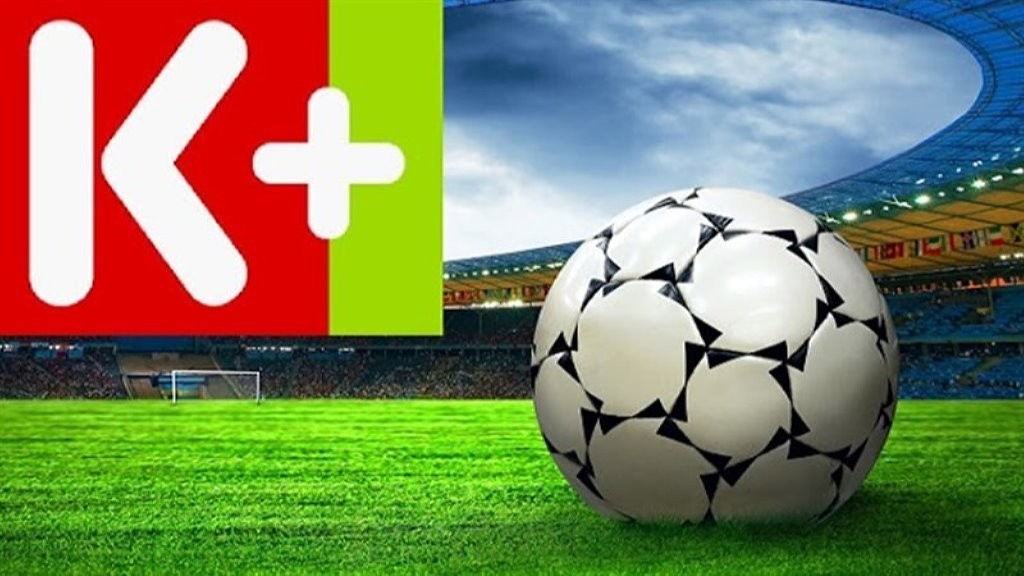
Thêm một lựa chọn cho tín đồ mê bóng là kênh Tructiepbongda. Chuyên trang được đánh giá cao với chất lượng hình ảnh full HD cùng các giải đấu bóng đá dạng. Bên cạnh đó, người dùng không phải trả phí khi xem tại trang này.
Bằng một chiếc điện thoại có internet bạn có thể xem bóng đá chất lượng cao qua Keonhanh. Đặc biệt, đội ngũ soi kèo của trang luôn mang đến cho bạn những gợi ý chốt kèo dễ ăn tiền thưởng.
Nhiều fan hâm mộ lựa chọn Bongdalu để xem trực tiếp bóng đá. Trang website có đường truyền ổn định, không giật lag, mất kết nối giúp bạn xem bóng mượt mà và trọn vẹn nhất.
Trong một vài lần, bạn có thể truy cập link Xoilac TV mà không xem được khiến bạn hoang mang. Vào Xoilac TV bị chặn có nhiều nguyên nhân: Do internet, nhà mạng chặn,… Hãy đảm bảo kết nối ổn định và xử lý tình trạng bằng gợi ý dưới đây:
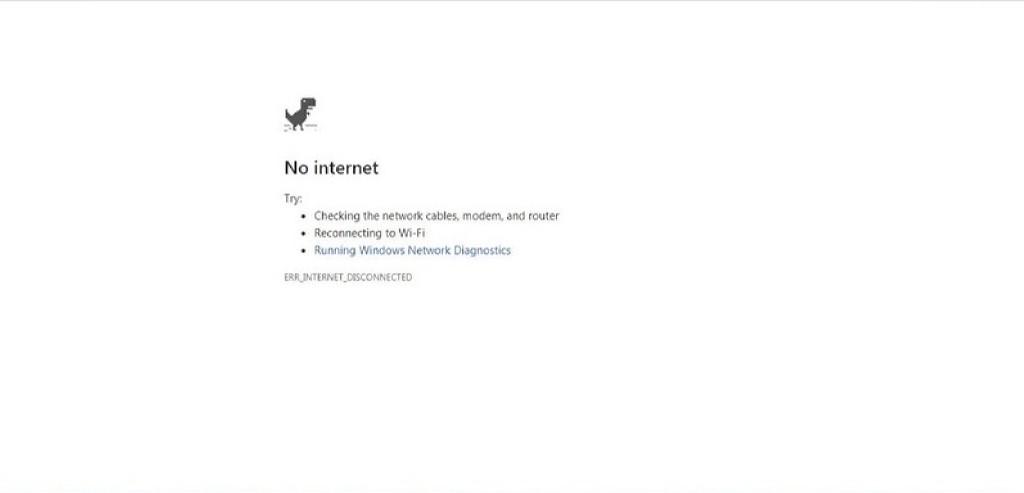
Ứng dụng VPN giúp cho thiết bị của bạn thiết lập kết nối internet một cách an toàn và riêng tư nhất. Hãy tải App nhanh chóng về điện thoại và truy cập để tìm Xoilac TV.
Ngoài ứng dụng VPN thì bạn còn có cách khác để không bị chặn khi vào Xoilac TV. Đó chính là sử dụng máy chủ Proxy giúp cho bạn ẩn đi địa chỉ IP. Nhờ vậy mà các cơ quan an ninh mạng sẽ không tìm được vấn đề từ truy cập máy bạn và không bị chặn do bản quyền.
Cách cuối cùng mà chúng tôi muốn gợi ý chính là Sử dụng Smart DNS vào Xoi Lac TV. Nhờ có máy chủ điều khiển từ xa mà các truy vấn DNS đều sẽ chuyển hướng và giúp bạn “qua mặt” dễ dàng.
Trong quá trình xem trực tiếp bóng đá Xoilac TV, người dùng có thể gặp các vướng mắc đến từ các tính năng mới lạ. Dưới đây là những giải đáp chi tiết từ đội ngũ chăm sóc khách hàng của Xoilac TV.
CÓ. Xoilac TV hoàn toàn miễn phí cho toàn bộ người dùng. Bạn có thể theo dõi mọi trận đấu mà không phải trả bất cứ đồng nào.
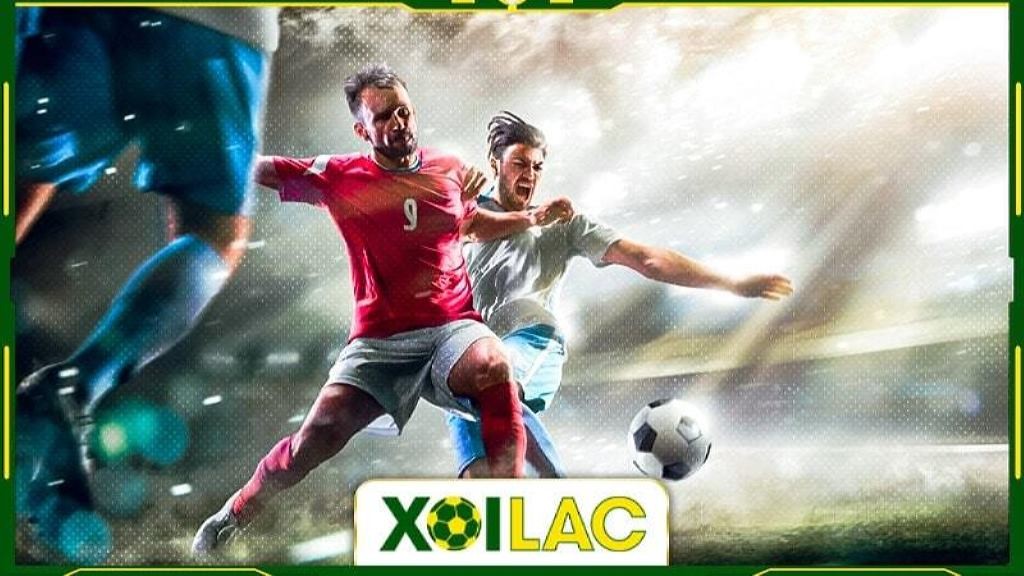
CÓ. Bạn có thể xem lại các trận đấu nhờ có tính năng Livescore. Như vậy, các fan hâm mộ bận rộn cũng có thể theo dõi lại các trận đấu đã qua.
Có nhiều nguyên nhân khiến cho bạn không xem được Xoilac TV 90phut. Trước tiên, bạn hãy kiểm tra lại kết nối internet đã đủ khỏe và ổn định hay chưa? Tiếp theo đó, hãy đảm bảo rằng link mà bạn truy cập là chính thống. Nếu đã đúng đường link và internet ổn định mà không vào được thì bạn có thể xử lý theo cách phía trên đã chia sẻ.
CÓ. Xoilac Live phát trực tiếp đầy đủ các giải bóng đá trong nước và quốc tế. Trong đó, V-League là giải bóng đá lớn số 1 tại Việt Nam không thể thiếu trên kênh Xoilac.
CÓ. Mục đích xây dựng Xoilac TV là giúp người xem không còn phụ thuộc vào tivi hay máy tính để bàn. Bạn hoàn toàn có thể xem trên di động có kết nối internet một cách linh hoạt.
KHÔNG. Xoilac TV được xây dựng phục vụ cho đối tượng người dùng Việt. Bởi vậy mà hiện tại, Xoilac chỉ sử dụng ngôn ngữ tiếng Việt mà chưa hỗ trợ thêm ngôn ngữ khác.
Tuy nhiên, trong tương lai tới, đội ngũ đặt mục tiêu mở rộng thị trường sang các nước khu vực. Do đó, bạn sẽ sớm thấy Xoilac TV ở một phiên bản hỗ trợ đa ngôn ngữ.
CÓ. Xoilac TV luôn hoan nghênh các khán giả có đóng góp ý kiến để hoàn thiện và phát triển chuyên trang hơn. Xoilac đón nhận các đóng góp thông qua nhiều hình thức: Gọi trực tiếp tới hotline, chat qua chatbox, telegram, zalo, gửi email,… Đội ngũ của Xoilac TV sẵn sàng lắng nghe để khắc phục và nâng cao trải nghiệm cho người dùng của kênh.
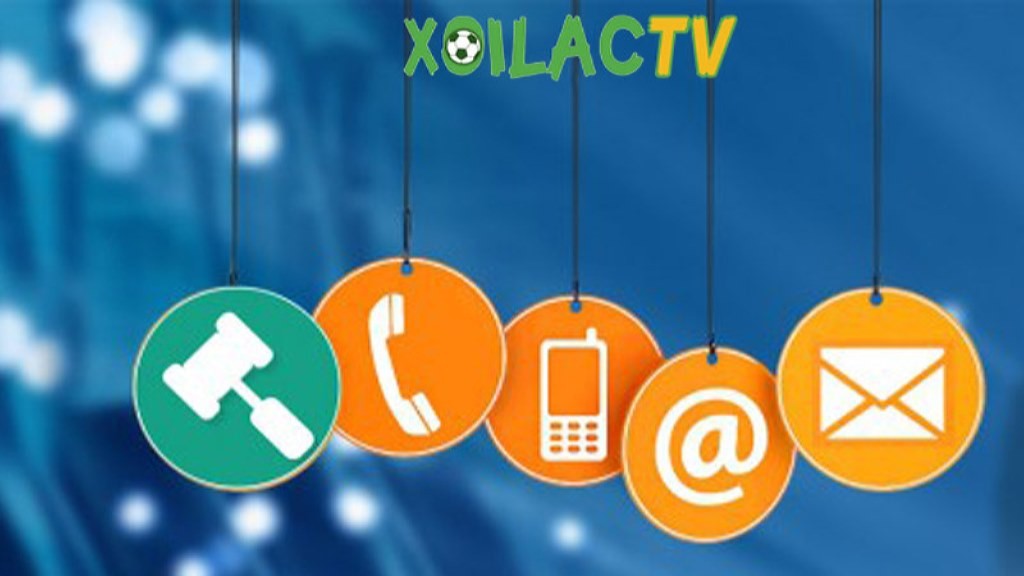
Bài viết trên đây đã chia sẻ từ A đến Z về Xoilac TV – chuyên trang trực tiếp bóng đá hàng đầu tại Việt Nam hiện nay. Bên cạnh đó, giải đáp băn khoăn và hướng dẫn truy cập khi bị chặn cũng sẽ giúp người dùng truy cập Xoilac TV dễ dàng nhất. Nếu bạn đang tìm kênh xem bóng chất lượng cao, tin chắc Xoilac TV sẽ không phải làm bạn thất vọng!